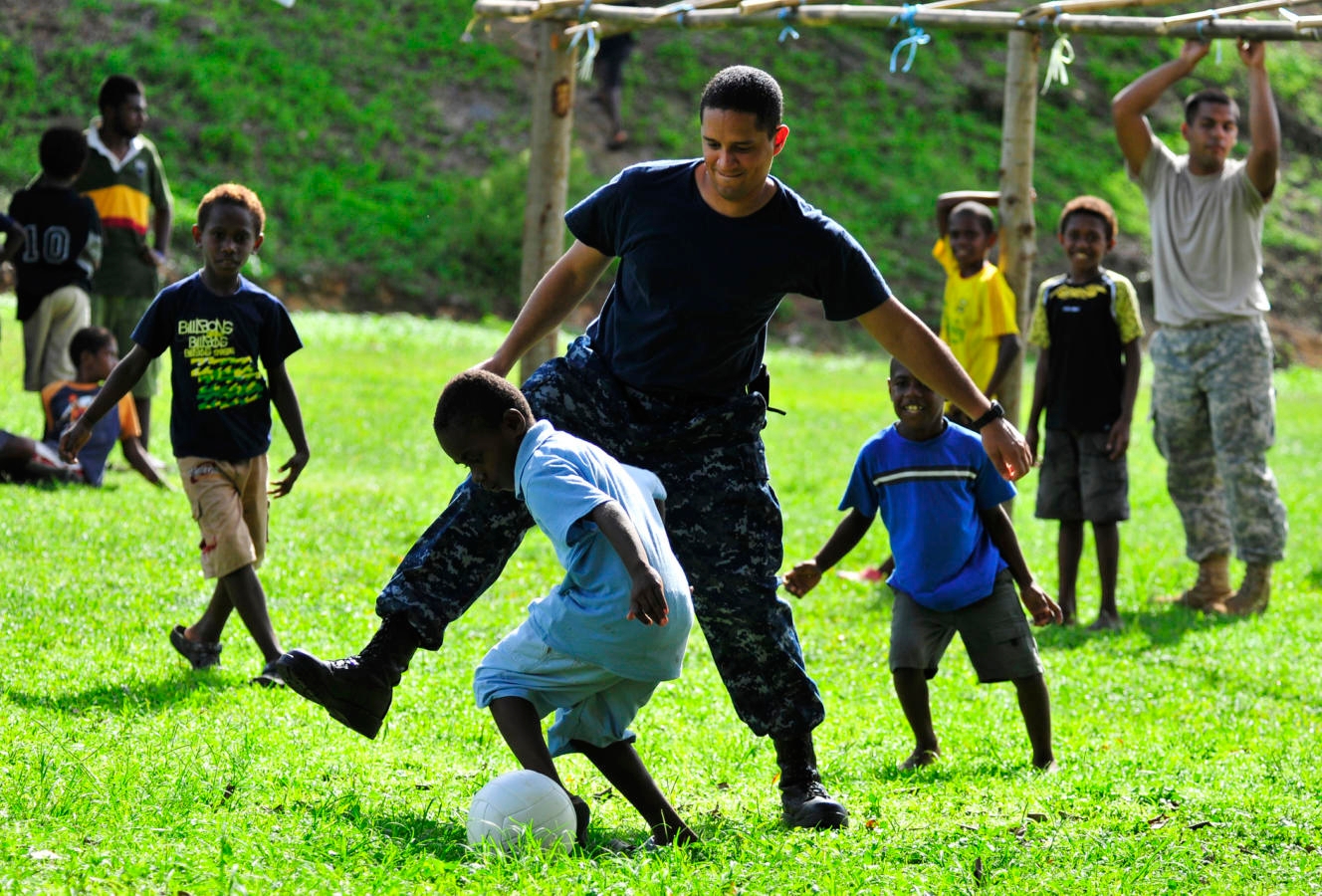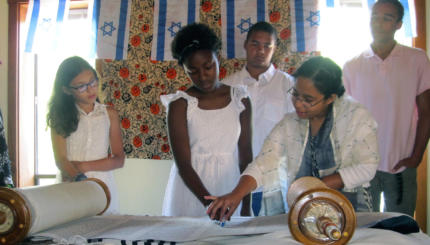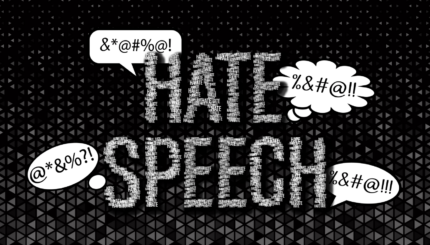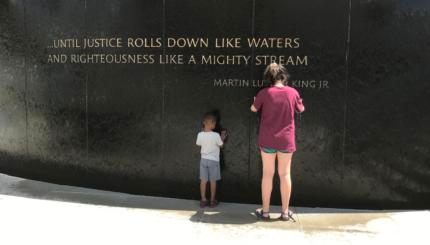Last month, I wrote about love. Specifically, about renewing a love affair with The Divine. I was exploring how we find closeness with God through closeness with people. I mean real intimacy. Really letting one another IN. And this month I find I can write about nothing other than hate. The juxtaposition is a bit staggering and has me thinking about love and hate in contrast.
If love is the place of coming together, then hate is the place of coming apart.
I think relationships and connecting is what we do best as people. The essence of our humanity is to be in union or community with others. The statistics show us that hate crimes are on the rise. We are becoming more entrenched and siloed. The more we do this, whatever your worldview or your reasoning, the less we connect, the less we flourish, the more we erode our collective humanity. We need to stop.
To understand how to counteract hate, we need to understand hate itself. In a 2008 Ted Talk, psychologist Philip Zimbardo talks about the psychology of evil as a response piece to the events at Abu Ghraib. He smartly points out that evil exists in three iterations: an individual is often seen as the bad apple, in specific contexts when good people are pushed too far, or in systems especially where there is power without oversight, it is a recipe for abuse.
Zimbardo goes on to say that the anecdote to evil is heroism. We all need to think of ourselves as heroes in waiting so that when the opportunity comes, we will act. And when someone is in trouble and we think, don’t go near it, that is none of my business, the response should be “humanity is my business” and then act. Fyodor Dostoyevsky said, “Nothing is easier than denouncing the evil-doer and nothing more difficult than understanding him.” It is tempting in the moment of evil to stand back, to judge. But our humanity continues to erode if we meet hate with hate, evil with evil. We cannot hate the people who hate the people. We must find a way to rise above that human inclination and be heroic.
It occurs to me that if it is systems which make for hate, then it will be systems which will dismantle it or at least beat it back. And if heroism is the countermeasure to evil, then systems of heroism will bring down the walls of divisiveness and fear keeping us apart.
As I write this, parts of Texas and Louisiana are being deluged by Hurricane Harvey. What I keep hearing again and again on the news is how people are helping one another as homes are being destroyed and lives are in danger. The National Guard, local law enforcement, and first responders are overwhelmed by the need. FEMA director, Brock Long, has said that regular citizens like you and me need to be there to help one another. Don’t wait for someone else to be the hero – you be the hero.
Looking back on the last few weeks, while the news cycle has been filled with some pretty ugly and violent and terrifying stories, there has also been story after story, moment after moment of people coming together, and being heroic. Marches, vigils, an outpouring of love against the hate. One rabbi friend told me that a local church group came to his Shabbat services Friday night after the events in Charlottesville and stood outside the synagogue to ensure that the people inside felt protected and safe. A system of people standing together. Heroic.
It is often in the contrast we can best see what is truly there. When it comes to love and hate, we don’t have one without the other. And while the surge of hateful acts, hateful speech and hateful systems is certainly upsetting and disconcerting, there is a backlash of connection and heroism and love in response. It is not yet enough. We need to do more. We need to connect with more intention with one another and even more intention with those we are inclined to dislike or even despise. In this season of Elul, the month prior to the high holy days where we take a close look at our selves and our souls, this may be the hardest work we have to do; to find a way to overcome the hate without succumbing to it.




